The view from the top of BBCS’s factual pillars
With Kate Ward newly appointed as MD of factual at BBC Studios, executives specialising in docs, natural history and science talk to C21 about trends and priorities for 2023 and how the streaming boom has changed the factual sector.
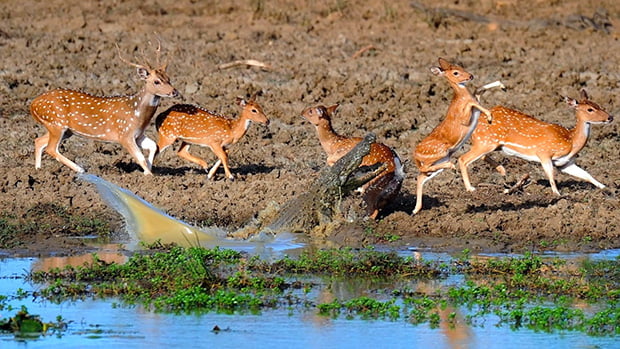
The third edition of the Planet Earth series debuts at BBCS Showcase
It’s just over five years since the BBC’s in-house production and distribution businesses were slammed together to create BBC Studios (BBCS), which for the first time allowed the UK pubcaster to pitch for business and commissions at rival broadcasters and internationally.
Factual content was always going to be a big selling point for the new set-up, with David Attenborough-fronted docs like Frozen Planet and Planet Earth huge sellers around the world for the UK pubcaster’s distribution arm. BBCS has the third instalment of the Planet Earth series lined up for BBC Studios Showcase next week.
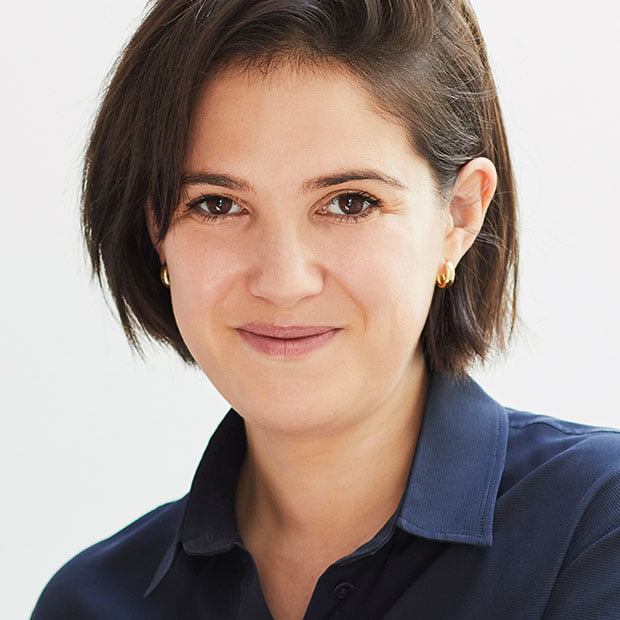
Kate Ward
From this month, that entire factual production business has been overseen by Kate Ward, who was appointed MD for factual after being poached from Vice Media Group.
Reporting to Ralph Lee, CEO at BBCS Productions, Ward oversees all factual production units and partnerships, taking responsibility for overall strategy, creative health, pipeline and production capability across the genre.
Ward’s new role, previously held by Tom McDonald, was expanded in February when BBCS brought together its production and content businesses to create a unit that could take a single strategic view across all BBCS factual productions, talent relationships and content investment.
These include the BBC’s Natural History Unit (NHU), Documentary Unit and Science Unit, as well as factual indie relationships with companies including Louis Theroux’s Mindhouse Productions, and James and Soleta Rogan’s Rogan Productions.
Here we catch up with the respective leaders of the natural history, docs, science and indie producer groups to hear about their priorities, trends and challenges as they prepare for BBCS Showcase in London next week.
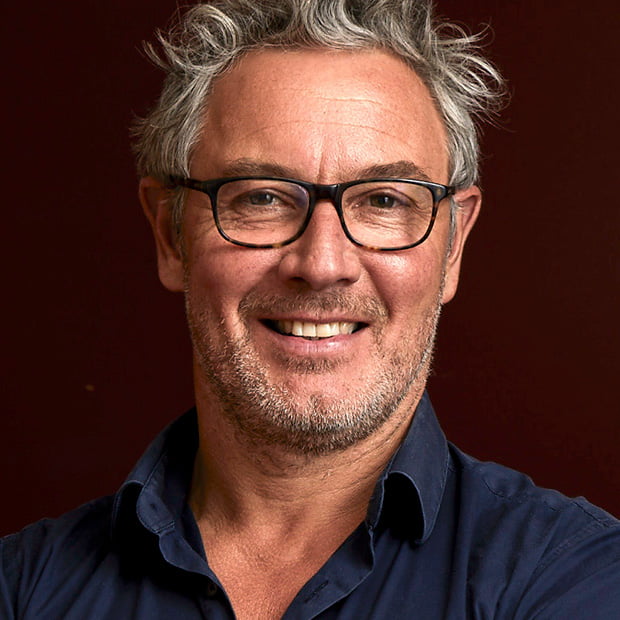
Jonny Keeling, head of BBCS NHU
We changed from just making shows for the BBC five years ago and we’re now producing for Apple, NBCUniversal, Disney/Nat Geo, Discovery and others. Creatively, that’s exciting. It’s a huge audience to reach. We can make programmes for Nat Geo that are very different to the ones we make for the BBC.
The three pillars of the NHU are still really important: it’s got to be original and new; it has to be emotionally heartfelt with wonderful storytelling; and we have to make sure it’s factually correct, with scientific rigour and integrity. Those principles remain regardless of who we produce for. We can make shows for different broadcasters, platforms and audiences but these things are core.
You can still discover new species, behaviours and locations that haven’t been seen on film before, even after all these years and with the genre proliferating. Then there’s the tech. I worked on Seven Worlds just as drones were becoming mainstream and it changed the game because, suddenly, from having to get a helicopter to film in the Arctic you could do it with something you could pack in a rucksack.
The way we told stories 20 years ago and how we do it now has also moved on – it’s much more dramatic and character-filled.
It’s important not to lecture the audience about the climate crisis. It’s part of every story we’re filming. We don’t necessarily feature it in every story, in Planet Earth III there are stories about extinction, habitat loss and climate crises woven into the narrative. It works well as an interesting extra element to the story rather than saying: “Here’s a rainforest being chopped down.”
We must be really careful not to keep bashing people over the head; we need to give people hope and inspiration. You can still raise issues of deforestation and climate change but you can talk in a hopeful way rather than fear and intimidation.
We walk a fine line; we’re aware these shows go out on a Sunday night and people don’t want to sit there feeling guilty, but they do want to see the real world and document the world as it is – that’s important and we’re not shying away from that.
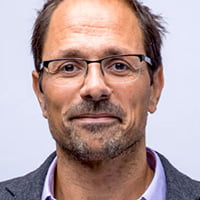
Andrew Cohen, head of BBCS Science Unit
One of the big trends at the moment is story. That may sound obvious, but science programming can be very head-on, bringing you ‘The Science.’ We’re looking at different ways of taking the same content to the audience. We’re now in a different, very enjoyable phase, where the focus is on storytelling. That’s been transformed by the streamers more than anyone; we’re being retrained in terms of what our relationship with factual is and the streamers have led the way on that.
We produced The Anthrax Attacks on Netflix last year, which was effectively crime storytelling with very high-end drama reconstruction but intriguing specialist factual science content running through it. With all our output at the moment it’s about how we immerse our audiences in storytelling as gripping as scripted but as enriching as factual.
The trick, when we get it right, is it carries both character and content in equal measure. We can’t make stuff that feels like homework. Earth, a big landmark series we’re delivering at the moment, is different from how we would have tackled the subject five or 10 years ago because the content is still amazing but the narrative is completely different. You have to find character in different places.

BBCS Science Unit is currently working on landmark series Earth
We have a brilliant digital team that have been producing shorts for BBC Earth, Facebook and YouTube. They reach audiences that we simply don’t reach with linear; we get big numbers from their output. We’d love to expand into the digital shorts strategy even more. The economics of it are tough but we’re committed to it.
Where we do have a lot to learn is on our biggest projects, where I don’t think we spin out the content for different audiences on different platforms anywhere near as much as we could do. We focus on the linear, platform-based broadcast; the economics drive us to that main theatre but we miss too much around the edges.
The assets within these series are extraordinary. We’ve become a bit lazy and think if you chuck a really good clip out there, somehow that’s your digital strategy. It’s not the case. We need to be looking at co-filming on locations, designing the digital assets we want and putting the time in to make it bespoke to the platforms it will appear on, rather than thinking we can retrofit it off the documentaries.
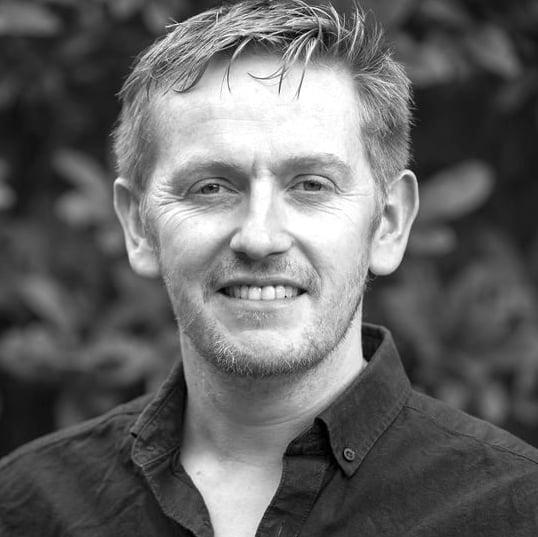
Alan Holland, head of BBCS Documentary Unit
Fight The Power: How Hip Hop Changed The World typifies where we’re trying to get the unit to. It’s a history of hip-hop we did with Chuck D from Public Enemy. His idea was there have been plentiful histories of the music form but, actually, the music speaks to a particular time and political moment.
We saw some kinship in that because what I’m interested in is hybrid points where we have documentaries underpinned by specialist factual layers, so you get a programme that appears to be about something but actually it’s about something else. I don’t think there’s a hip-hop track until 50 minutes into the series.
The Boys From Brazil: Rise of the Bolsonaros for BBC Two and PBS is, on one layer, the story of Bolsonaro and his rise to power, like the Maxwell and Murdoch pieces we have produced. But once you get into it, the show is an environmental thriller: how have we got into a position where this is the guy who’s in charge of the Amazon? On the one hand, it’s a biography and on the other, it’s about the future of the planet.
With the documentary unit, I want to do docs that speak to something that appears to be quite simple but, subtly, we’re challenging the audience to think about something else. It takes skill, flair and great creatives. In my 18 months, we’ve completely changed the execs and creative leadership team. I wanted to bolster the leadership so we could take on more intellectually challenging propositions.
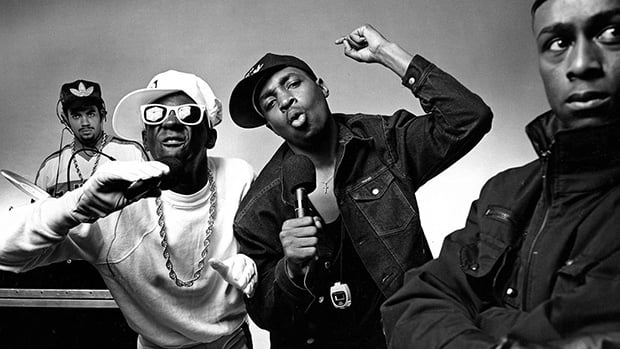
Fight The Power: How Hip Hop Changed The World puts the music in an historical, political context
It’s a financially challenged domestic market – financially challenged because the emergence of SVoDs has led to hyperinflation in things like daily rates. We’re having to rise to that but there’s now also uncertainty in the SVoD market, which is destabilising.
The streamers put a lot of money into big glossy documentary pieces and that has been brilliant in terms of opportunities. But it has narrowed the opportunity to a degree. It’s like the movie industry where everything is a sequel and a franchise and those middle-ground intelligent adult dramas don’t get made any more because, unless you can guarantee a return, people are risk-averse.
In the doc world, it’s amazing and lucrative to have four-part true crime things on Netflix, but there are only so many that can be made and a lot of money is being spent on them. The middle-ground, intellectually thought-provoking pieces are harder to get away.
Our ecology is trying to ride a wave whereby we generate our revenues via the commercial avenue and that allows us to take risks on smaller, thought-provoking pieces that are where our reputation will come from.
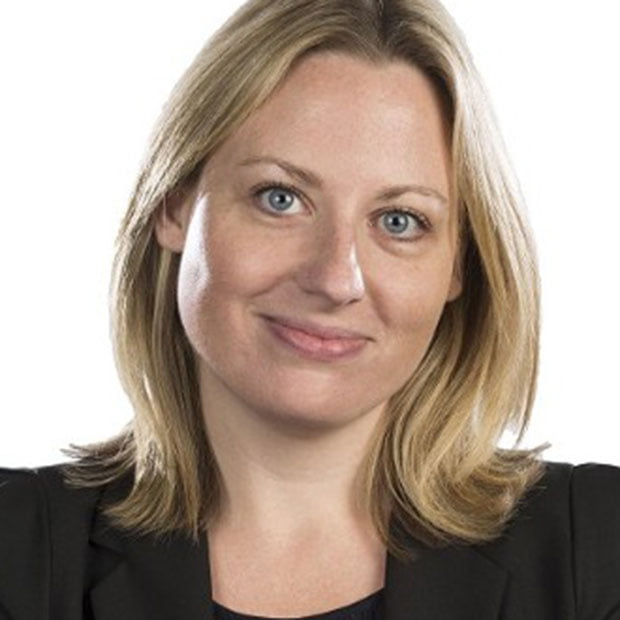
Suzanne McKenna, director of unscripted indies
The team works with the unscripted indies to complement what our science, docs and natural history teams do. We’re looking to offer buyers a full range of factual and the indies help do that job. We’ve got series like Gods of Tennis from Louis Theroux’s Mindhouse, a three-parter for BBC Two and Once Upon a Time in Northern Ireland, a five-parter from the team that did Once Upon a Time In Iraq.
The audience for unscripted is discerning. It’s looking for content that is accessible, engaging and global. With its brilliant access, we’re launching Kingpins at Showcase. It came out of a digital shorts commission with Channel 4: Drugs, Death & Pet Tigers. We’ve tried to be entrepreneurial and think about global audience and turned it into a three-part series.
Access is important for us. We have lots of companies pitching us ideas along similar lines. It’s the same for all distributors, but for us it’s about the journalism, because reputationally it has to work for us; we have to think about BBC values. Coupled with that is how global the story is, how well-known it is and how well it travels – that’s what sets it apart for us.
Streamers have been great; they’ve made everybody up their games in terms of the factual that’s being produced. Audiences are time-poor, they have so much choice we’ve got to produce content that has that stamp of quality, breadth and scale.



















.jpg)




























